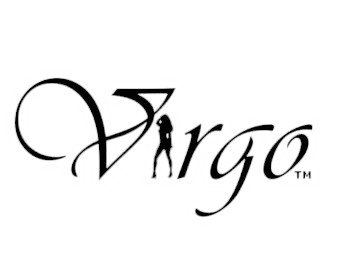Lewis Hamilton’s Move to Ferrari: A Bold Step to Reinvent His F1 Career
Lewis Hamilton’s move to Ferrari for F1 2025 marks the end of an era at Mercedes. Discover the story behind this career-defining decision.
Mozambican Child Smuggler’s Sentence Sparks Controversy
Mozambican child smuggler sentenced to six months, wholly suspended for three years. Cape Town police use advanced tech to arrest vehicle theft suspects.
Signal Hill Mugger Nabbed Within 30 Minutes of Pepper Spray Attack
Cape Town police arrest Signal Hill mugger within 30 minutes of attack. Emergency teams respond to multiple hiking collapses over festive season.
North West Man Arrested for Stealing Ambulance with Patient Inside
North West police arrest a man for stealing an ambulance with a patient inside. Swift action ensures patient safety and vehicle recovery.
NWU Student Dibona Peggy Matladi Challenges University After “Pass” Reclassified as Fail
NWU Masters student Dibona Peggy Matladi challenges the university after her dissertation, initially deemed a pass, was marked as a fail. She vows to fight for justice and advocate for…
Jimmy Carter: A Legacy of Human Rights and Service
Jimmy Carter, 39th U.S. president and global humanitarian, dies at 100. A life marked by civil rights advocacy and post-presidency peace efforts.
eSwatini Secures R2.4 Billion AfDB Loan to Boost Economic Growth
eSwatini secures a R2.4 billion loan from the AfDB to enhance infrastructure and boost economic growth, supported by a Moody’s credit rating upgrade.
High Electricity Costs Could Trigger Unrest in South Africa, Warns Minister Dr Kgosientsho Ramokgopa
High Electricity Costs Could Trigger Unrest in South Africa, Warns Minister Dr Kgosientsho Ramokgopa, South Africa’s Electricity and Energy Minister, has cautioned that soaring electricity costs pose a significant threat…
Percy Tau Shines in CAF Champions League as Al Ahly Consider Contract Extension
Percy Tau excels for Al Ahly, netting 3 goals in 5 CAF Champions League matches. His exceptional form ignites discussions about extending his contract.
Kaytranada to Headline Milk + Cookies Festival in South Africa
South Africa is gearing up for a major musical treat as Grammy-winning artist Kaytranada headlines the inaugural Milk + Cookies Festival South Africa.



















